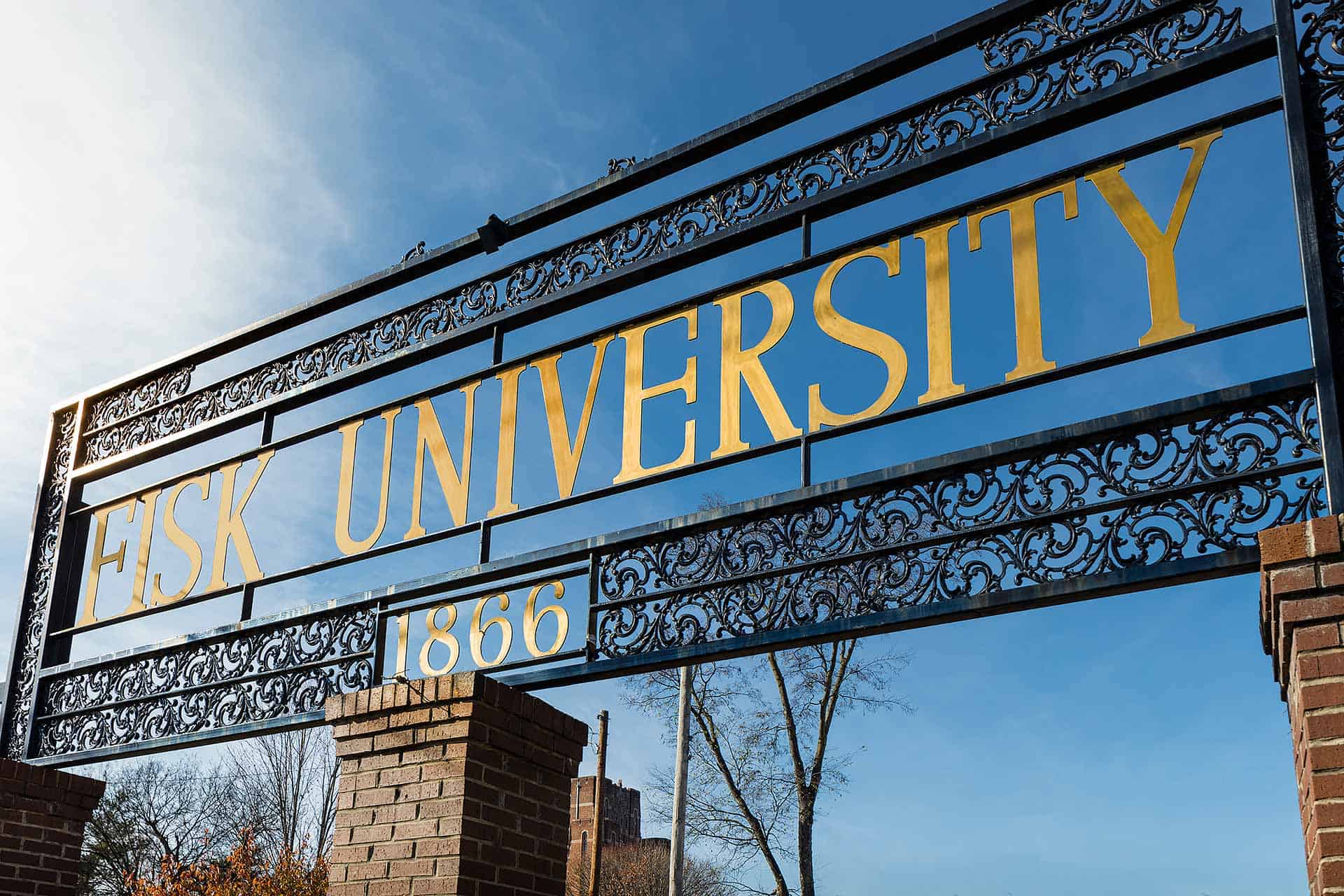At Asurion, we regularly hire some of the world’s best talent into our high-functioning data science and software engineering teams. As such, inspiring local talent to choose these highly technical fields as their career has been a priority for the company.
Traditionally, we have sought to reach local talent through various avenues, such as presenting our work at conferences or hosting meetups. This year, we had a chance to do even better.
In Spring 2020, Asurion’s data science team and Fisk University established a partnership and collaborated on a semester-long course in the fall of 2020. The goal of the course is to inspire undergraduate students (sophomores and juniors) to take their first steps into data science through working on a real-life project.
Scope
In Summer 2020, we decided to teach students hands-on, real-life projects using natural language processing (NLP). The goal was to develop a language model that can complete sentences, similar to how Gmail completes sentences. We extended the project by teaching the deployment process to demonstrate how they can make their models into usable applications.
A project that requires a student to build a model as complex as this in the space of a semester (with little prior knowledge in NLP) comes with a steep learning curve. So, we planned to keep the class size small (< 10). However, when registration opened, we received an overwhelming interest in the course. We doubled the expected enrollment and welcomed 19 students to the class, comprised mainly of sophomores and juniors from varied backgrounds.
It’s not hard to understand the excitement. This project gives students a working exposure to state-of-the-art modeling in NLP’s rapidly evolving field with real-life data.
Challenges
One of the first challenges we faced was teaching students who had such a wide range of previous exposure to data science about state-of-the-art machine learning (ML) techniques.
The “sentence completion” project, like many other NLP problems, lends itself to various solutions. Once the students split into their teams, they could choose their solution path to achieve the same goal.
The teamwork helped students share their knowledge and solve problems. Some of the teams with prior exposure to ML techniques chose to attempt deep learning methods for their solution, while other groups chose fewer complex solutions. After all, teams were graded on how well their solution worked, not on how complicated it was.
We’re passionate about data science and volunteered our to help the next group of students find their career path and grow professionally. It’s important to note, that teaching a class, creating weekly lectures, preparing and grading assignments while mentoring students is often a full-time job. Our challenge was to find a way to do that without dropping the ball on our actual full-time job responsibilities as data scientists at Asurion. We kept ourselves out of deep waters through meticulous planning and sharing the workload as much as possible.
Outcomes
This program is an opportunity for Fisk students to get a glimpse into the work we do on the data science team at Asurion. As a result of our hard work, we are excited to welcome three Fisk students to the Asurion Internship Program in the summer of 2021. Due to the success of this program with the data science and machine learning team, Asurion plans to expand to other areas in the future.
We went into this collaboration with the singular goal of inspiring a new generation of students to look toward data science and software engineering for their future careers. The level of enthusiasm and curiosity showcased by the students was rewarding in and of itself.
We want to thank Fisk for this collaboration, Dr. Sajid Hussain, Associate Vice Provost for Innovation & Information Technology (CTO) and Discipline Coordinator of Data Science at Fisk University, Sundar Kuppuswamy, Chief Data Scientist at Asurion, and our HR partner Kellye O’Connor, Senior Manager, Early Careers Recruiting Programs at Asurion, for providing us with the platform to reach future data scientists.

